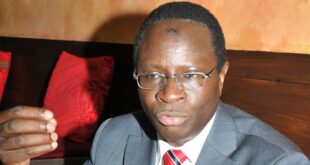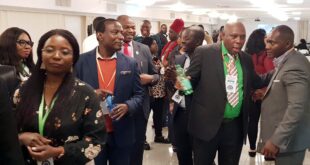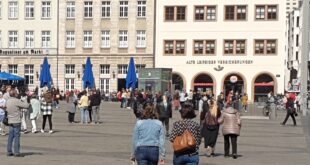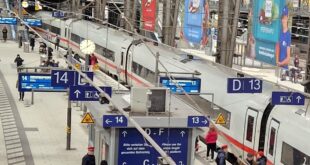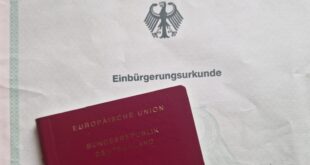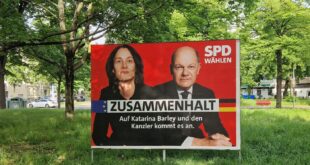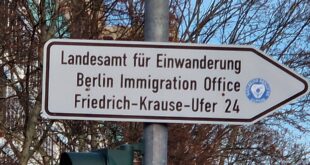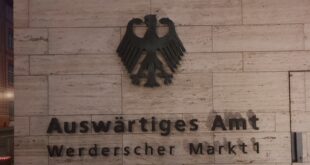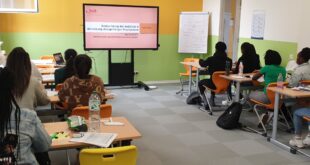Organisations representing people with a migration background are calling for radical legislative solutions to improve their representation in public institutions. They have now presented a draft for a federal participation law
……
The Federal Conference of Migrant Organisations (Bundeskonferenz der Migrantenorganisationen, BKMO) has called on the next federal government to enforce the equal participation of immigrants in society by law.
The group presented a draft for a federal participation law in Berlin on Tuesday. Among other things, it provides for employment quotas so that migrants are represented in public institutions in proportion to their share of the total population.
The draft also provides for a general right to vote in municipal elections that is not tied to German citizenship, thus giving long-term immigrants the right to vote. In addition, the proposal aims at reforming the police and prohibits racial profiling, that is, the control of people by police solely because of their non-German appearance or name.
About a quarter (26 per cent) of the people living in Germany have a migration background. The group is still characterised by poorer educational and professional opportunities, discrimination when looking for housing or in the health system, the BKMO explained. This has a negative impact on social cohesion, it adds.
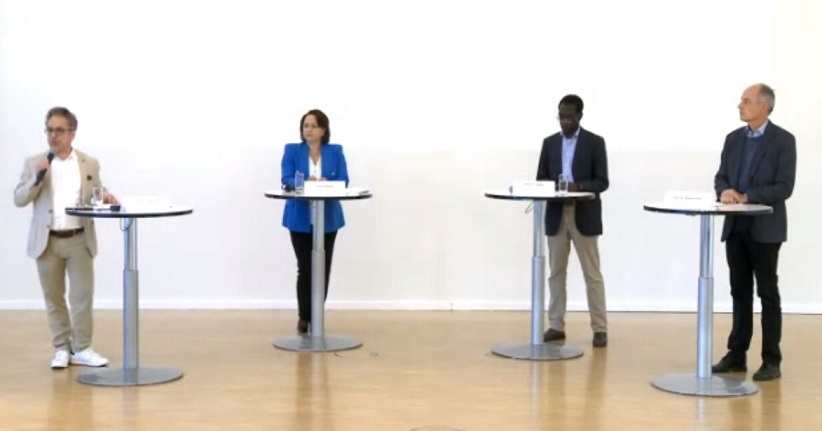
The draft law was prepared on behalf of the migrant organisations by the Osnabrück migration expert and lawyer Thomas Groß at the Institute for Migration Research and Intercultural Studies at the University of Osnabrück.
The federal government presented the National Action Plan on Integration in March 2021. Adopted at this year’s Integration Summit, the plan foresees a five-stage integration process accompanying migrants from before they arrive in Germany right through to active participation in society via work and civic engagement.
Annette Widmann-Mauz, Germany’s minister of state for migration, refugees and integration, said the package would “systematically drive [integration] forward at all levels and spheres of life and strengthen social cohesion.”
Following the summit, Economy Minister Peter Altmaier said integration was “not only a moral social obligation but also in the interest of Germany as an economic centre” in view of the country’s aging population.
Migrant groups have welcomed the attempt to strengthen integration policy but said the measures did not go far enough. They say the plan does not address the needs of migrants who have lived in Germany for decades and call for the policy to be transformed into an “inclusion policy”.
Femi Awoniyi
 THE AFRICAN COURIER. Reporting Africa and its Diaspora! The African Courier is an international magazine published in Germany to report on Africa and the Diaspora African experience. The first issue of the bimonthly magazine appeared on the newsstands on 15 February 1998. The African Courier is a communication forum for European-African political, economic and cultural exchanges, and a voice for Africa in Europe.
THE AFRICAN COURIER. Reporting Africa and its Diaspora! The African Courier is an international magazine published in Germany to report on Africa and the Diaspora African experience. The first issue of the bimonthly magazine appeared on the newsstands on 15 February 1998. The African Courier is a communication forum for European-African political, economic and cultural exchanges, and a voice for Africa in Europe.




